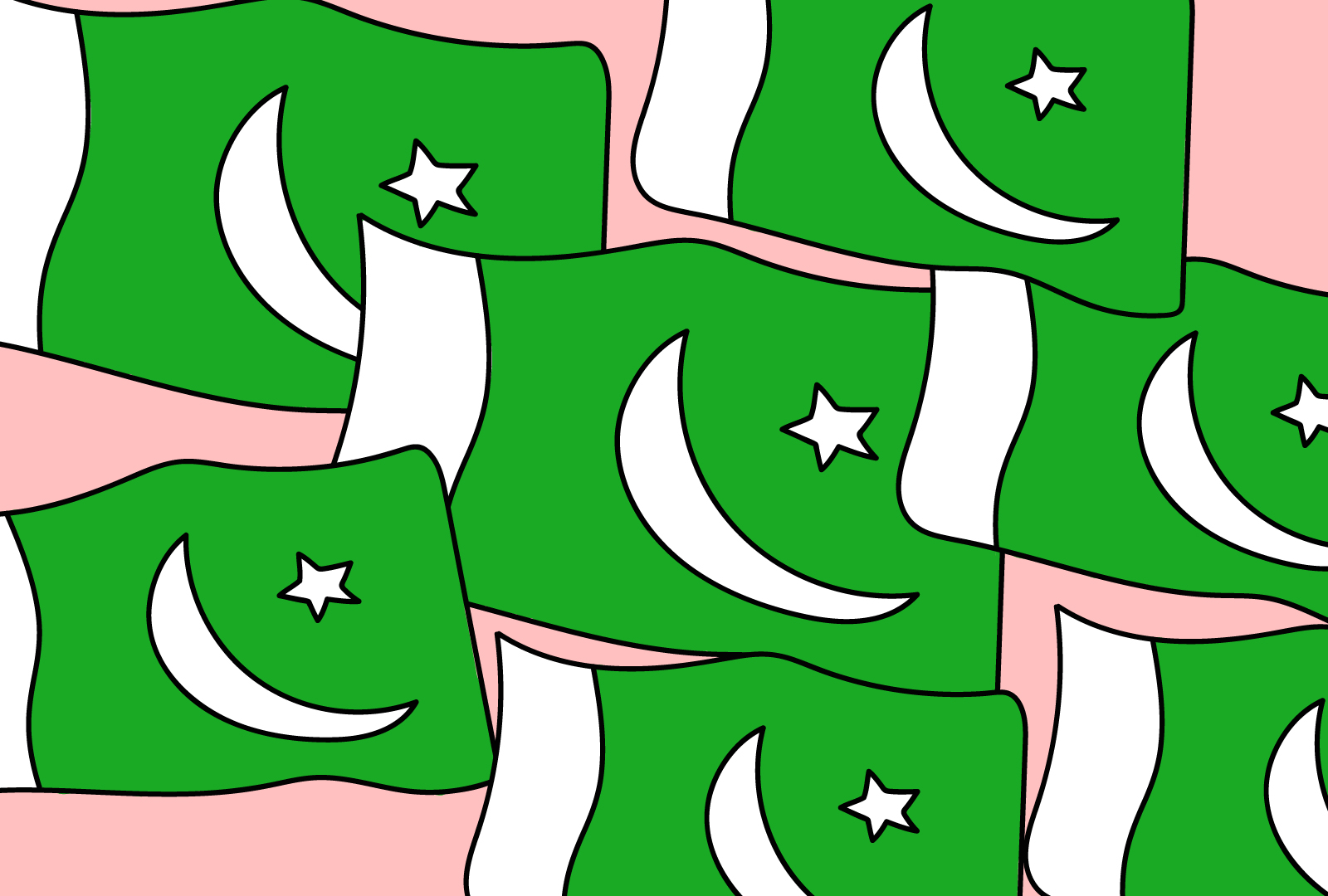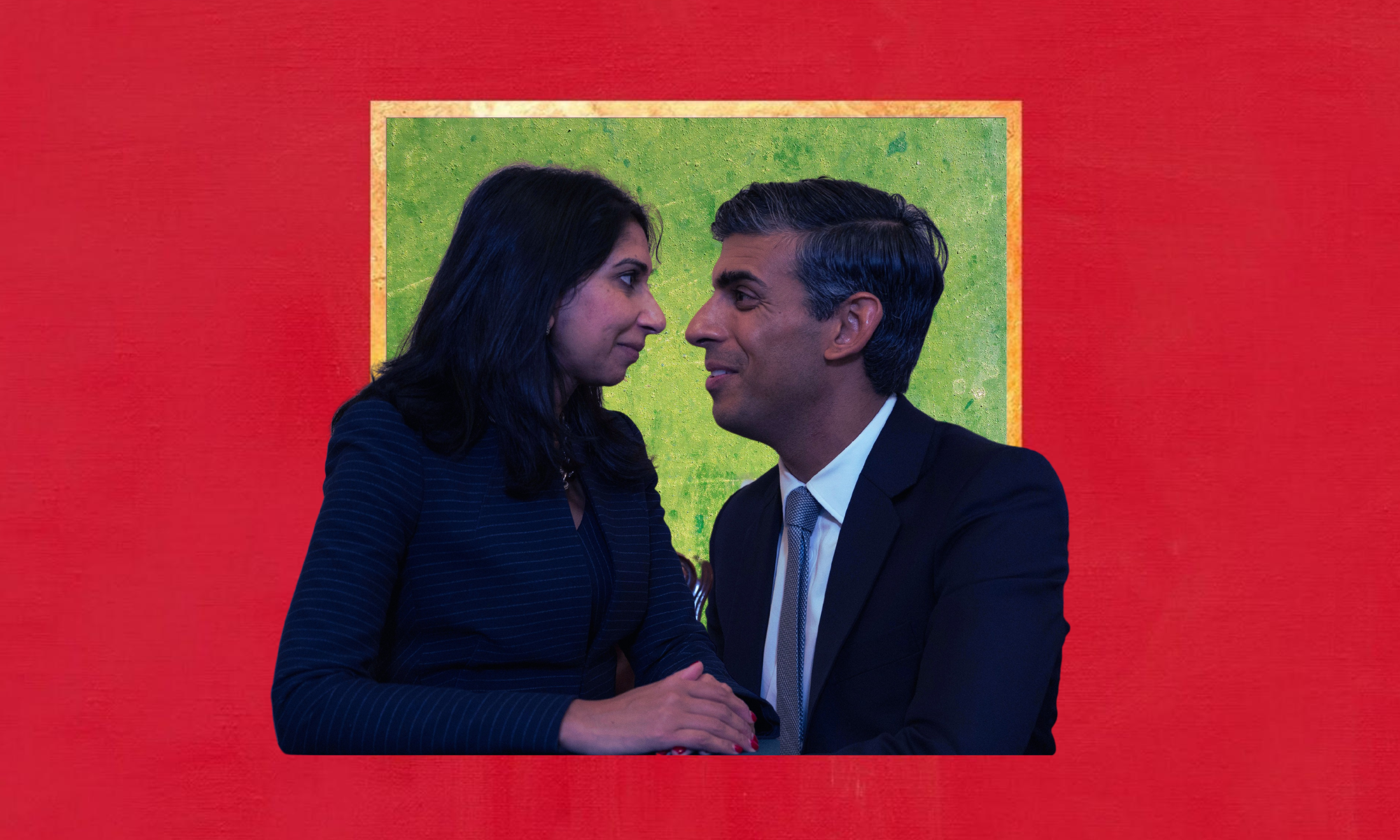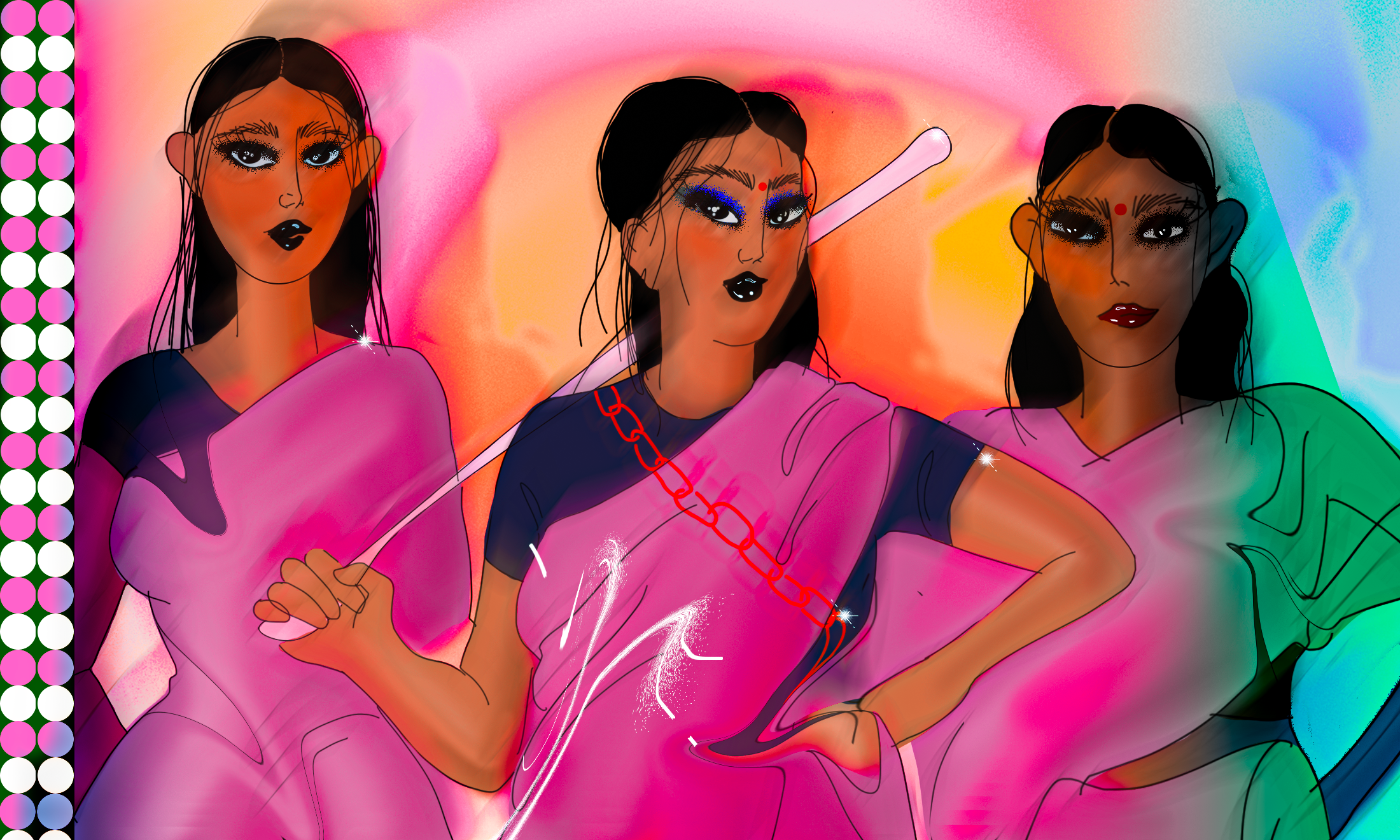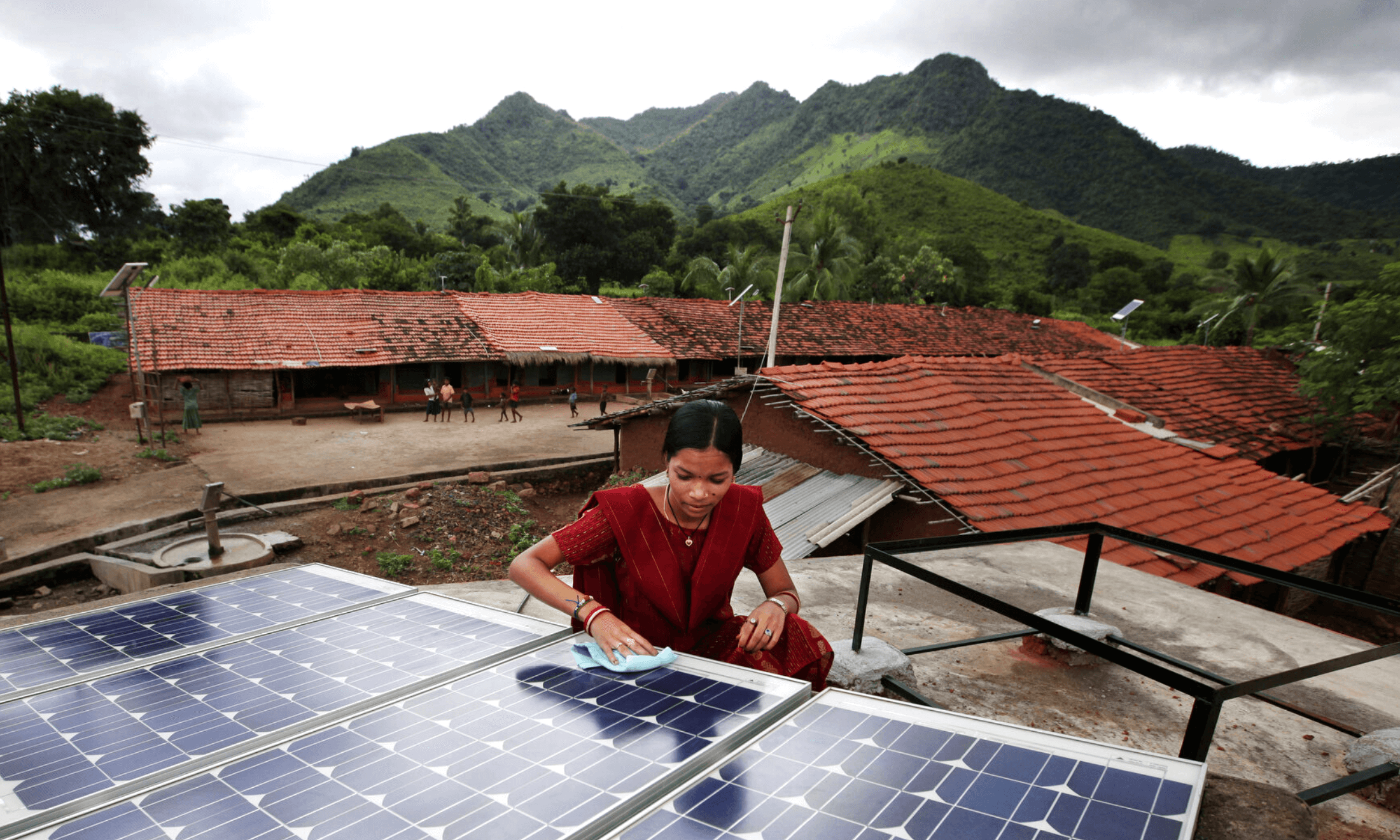
This time last year I was lucky enough to be accepted onto a popular module for my university degree. The module wasn’t only one that I found interesting, it also included an exciting field trip to explore Mumbai’s dual service economy, new middle class and poverty.
As a British Pakistani, I knew I would face some issues getting hold of a tourist visa. At every family gathering I attended from there on, people would share horror stories of the visa application process and how difficult it was. Despite this, I was confident. Never before had I seen myself as any different from my fellow university students so why should I now?
Immediately, the website for visa applications was clear about its discriminatory approach. “Processing time for UK Nationals is a minimum of two to three working days. Processing time of applications received from persons of Pakistani origin [including British citizens] will be a minimum of seven to eight weeks.”
According to my university, the deadline for students to have received their visa was by October, a few months before the December trip. To make sure I would stand the best chance I could, I began the application process in June.
“As someone who was born and grew up in the UK, I have never doubted my sense of British identity but for the first time at 21 years, I felt totally discriminated against and inherently different to my English classmates.”
Unlike “normal” British citizens, who just needed a passport and a completed form, I was required to fill in an over detailed form, provide several printed bank statements, a letter from my employer, details of my parents’ passports and a letter of invitation from a sponsor who currently lives in India. All of this because my parents were born in Pakistan, before moving to the UK at the ages of two and five.
After three separate trips to the Indian consulate in Bristol, whom each time managed to find something wrong with my application, the paperwork was sent off and all I could do was wait.
As stated on the website, I patiently waited the seven to eight weeks as the university visa deadline approached. Everyone else on my course took one trip to the Indian Embassy in London and found themselves with a visa that same week.
Finally, I had an email from the embassy stating that a decision had been made and my passport was in the post on its way back to me, where I could only find out if I had been accepted by opening it up and flicking through the pages to see if the stamp was there or not.
After waiting at home all day for my passport, it finally arrived. I nervously flicked through, only to find a string of empty pages, and no Indian visa.
“Finding out I was not able to go, I was given very little sympathy from my university. They told me that, as it was too late to drop out of the trip, I would still have to pay the fee of £1500”
As someone who was born and grew up in the UK, I have never doubted my sense of British identity but for the first time at 21 years, I felt totally discriminated against and inherently different to my English classmates. As I sat in my lecture I looked around and couldn’t help but feel completely isolated due to my heritage, as everyone else in the room would spend the next few weeks excited for their amazing trip.
Finding out I was not able to go, I was given very little sympathy from my university. They told me that, as it was too late to drop out of the trip, I would still have to pay the fee of £1500 despite not being able to come because of these completely unfair, xenophobic rules held by the Indian government.
Because of these prejudiced regulations, India is effectively banning over half a million British citizens of Pakistani origin from travelling to India. How this is standard practice in 2017 is beyond me. Being treated so differently due to my heritage is racial discrimination violating British, European and international human rights law. And in the new Trump era, it is bound to only get worse for more people with time.
As a result of the visa rejection, I had to do an assessment worth 50 percent of my module, based on disjointed secondhand data from the students who did go to India.
My university still holds the annual trip to Mumbai despite my rejection of an Indian visa. What I now want to know is, should they change the location of the trip to somewhere inclusive for all, or simply make it clear when students are applying for the module: “Module does not accept those of Pakistani origin”.









